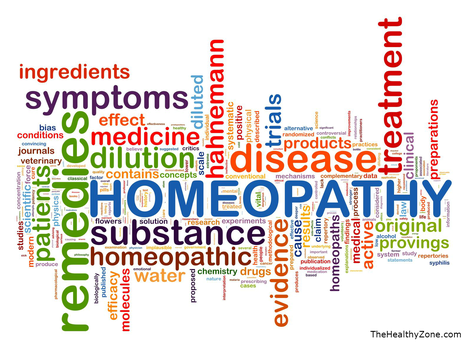123rfstockphoto ribah
Challenges with Traditional Medicine — Part 1
By Linda Dulicai
Water drips onto your kitchen table from the light fixture and ceiling above and you hear bath water running — what do you do? Most people will grab a bowl to prevent more damage and then find the cause to stop the symptom at its source. This reminds me of traditional medicine practices. When we go to traditional doctors we are typically presented with Band-Aid suggestions instead of at-the-source cures.
Someone recently asked me to list my top three problems with traditional healthcare today. I’d like to not only open that discussion, but also offer some solutions.
Traditional healthcare treats symptoms instead of looking for the source.
Today’s traditional healthcare system is symptom-based medicine, not cause-based. Referring back to our scenario, that’s the difference between whipping out the duct tape to block the flow of water and shutting off the water flow at the faucet. You can’t cure a symptom.
Pharmaceutical companies have hijacked medicine. You can see that in advertising and nonprofits as they talk about making everything a “manageable” disease. They no longer talk about curing the disease. Management is expensive and ineffective. In the U.S., we spend more than double of what other countries do on healthcare. Symptom based medicine is also one size fits all:
· You see this symptom, and then you give this pill.
· You do this test if you see this symptom.
· You get these results and you send them to a specialist.
Body systems are divided by specialties, so providers may miss the connections of the whole.
Some 20 to 30 years ago, you could get a doctor appointment the same day, but now you have to wait two weeks to see a specialist, which is why urgent care centers have become popular. There’s nothing wrong with having specialties. We’ve always had them. What goes wrong is there’s no thinking between the connections of the body’s different systems.
Doctors are over specialized, as they only seem concerned with symptoms within their specialty, instead of looking at the patient’s entire body for the cause of the issue. Take for instance the protocol of a cardiologist: blood pressure meds, low salt diets, cholesterol meds, blood thinners, some of which have nothing to do with the heart and possibly little to do with the cardiovascular system.
Because of this protocol-based-thinking, things may get missed. You can’t separate different parts of the body. Things are related. Most blood pressure meds act in the kidney, cholesterol drugs the liver, etc. The symptom based protocol rules all. But we don’t live in isolation within ourselves or without ourselves.
There has to be cross-system education. If you are going to specialize, you have to take a look at what impacts the whole system. Pay attention to biochemistry and anatomy — no system functions solely on its own, and no two people are alike. There is no average person, and one size does not fit all.
Many people think this is an either or choice. It is not. Sometimes meds are a really good idea while the causal situation is worked on. To give an example, it will not do you any good to have an aneurysm rupture while you are nutritionally working on strengthening the walls of the cardiovascular system with something like a high silica content plant. So you can do what you are doing, but you can also seek out alternative medicine practitioners and ask us more about how we work with the whole, individual person.
This is part one of a two-part series. Stay tuned for part two where we will address the defensive medicine problem and solution.
If you would like to continue this discussion, feel free to contact me, Linda Dulicai, at 540-428-1949 or linda@The-Healthy-Zone.com.
A practitioner for more than 38 years, Linda Dulicai is a Certified Natural Health Professional and an Advanced Loomis Digestive Health Specialist educated in more than 25 modalities of wellness. She is CEO of The Healthy Zone.





